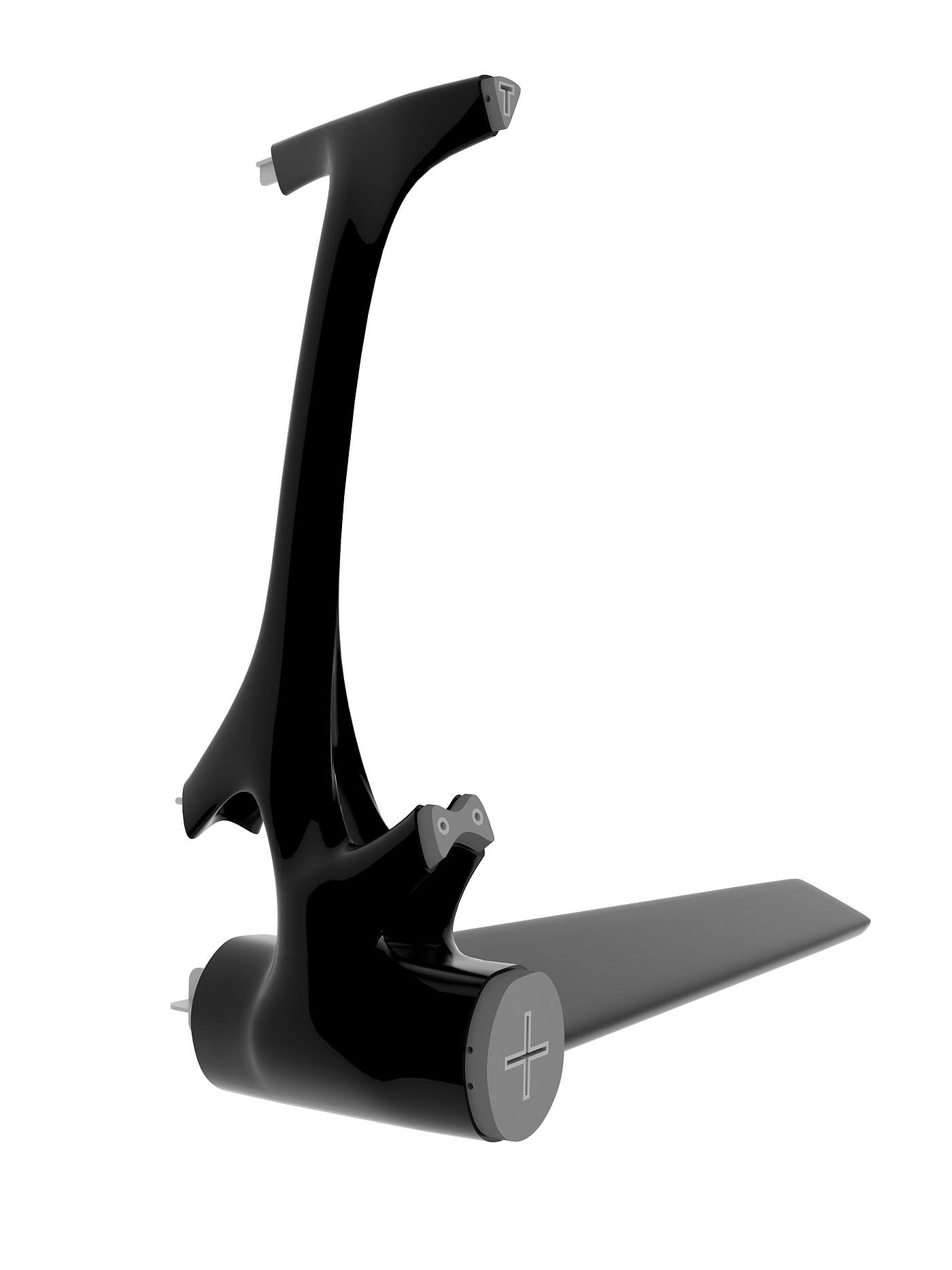

Watson published the popular book Revolutions that Made the Earth with colleague Tim Lenton in 2011. More than a dozen such experiments have now been carried out and have proved that iron is an essential limiting nutrient in important areas of the world ocean. He also applied the technology to enable iron fertilization experiments. He and colleagues applied these to measure the slow mixing vertical rates in the ocean, and to trace the movement of patches of surface water. While at the Marine Biological Association and Plymouth Marine Laboratory in the 1980s, he developed techniques for tracking ocean water bodies using tracers such as sulphur hexafluoride and perfluorodecalin. He has applied the weak Anthropic Principle to evolution on Earth, suggesting that long-term regulation of the Earth’s temperature and environment may be a necessary pre-requisite to allow sufficient time for the evolution of complex life and intelligence, rather than an intrinsic property of the biosphere as Lovelock proposed.
Watson and his students have subsequently developed a priori models for the regulation of atmospheric composition through geological time. He and Lovelock introduced the Daisyworld model in 1983, showing how ecological competition between hypothetical "daisies" could affect planetary albedo and regulate environmental temperature. He then became a PhD student of James Lovelock, originator of the Gaia hypothesis of Earth regulation, at the University of Reading. Watson graduated with a first class BSc in physics from Imperial College London in 1975.

He was formerly a Professor of biogeochemistry in the School of Environmental Sciences at the University of East Anglia, in 2013 he moved to a position as Professor at the College of Life and Environmental Sciences at the University of Exeter. Consequences for the Biosphere of Forest and Grassland Fires (1978)Īndrew James Watson FRS (born 1952) is a British marine and atmospheric scientist and an expert in processes affecting atmospheric carbon dioxide and oxygen concentrations.


 0 kommentar(er)
0 kommentar(er)
